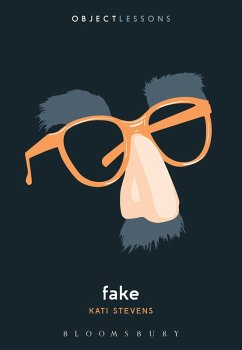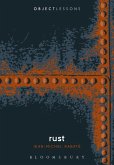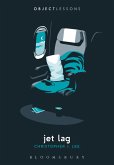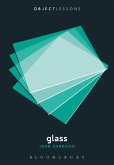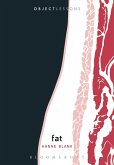Object Lessons is a series of short, beautifully designed books about the hidden lives of ordinary things.
The electric candle and faux fur, coffee substitutes and meat analogues, Obama impersonators, prosthetics. Imitation this, false that. Humans have been replacing and improving upon the real thing for millennia - from wooden toes found on Egyptian mummies to the Luxor pyramid in Las Vegas. So why do people have such disdain for so-called "fakes"?
Kati Stevens's Fake discusses the strange history of imitations, as well as our ever-changing psychological and socioeconomic relationships with them. After all, fakes aren't going anywhere; they seem to be going everywhere.
Object Lessons is published in partnership with an essay series in The Atlantic.
The electric candle and faux fur, coffee substitutes and meat analogues, Obama impersonators, prosthetics. Imitation this, false that. Humans have been replacing and improving upon the real thing for millennia - from wooden toes found on Egyptian mummies to the Luxor pyramid in Las Vegas. So why do people have such disdain for so-called "fakes"?
Kati Stevens's Fake discusses the strange history of imitations, as well as our ever-changing psychological and socioeconomic relationships with them. After all, fakes aren't going anywhere; they seem to be going everywhere.
Object Lessons is published in partnership with an essay series in The Atlantic.
Fake aims to interrogate what it is we think we're getting from the 'real' thing and what we're searching for either by clamoring for 'real' things or by accepting their imitation . If you revel in the critical examination of objects around you and criticism of commonly accepted attitudes, this book will be your new friend. Seattle Book Review

